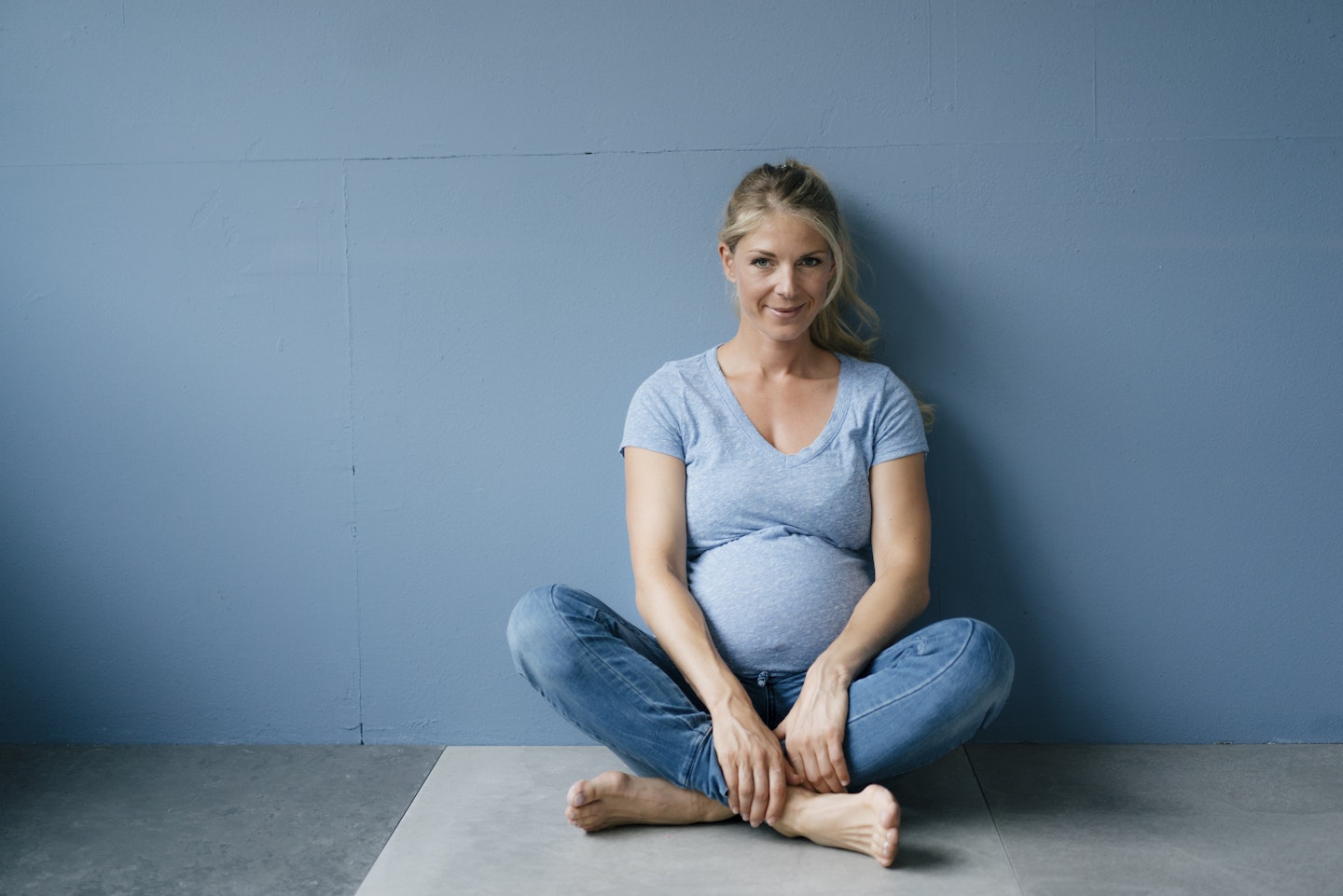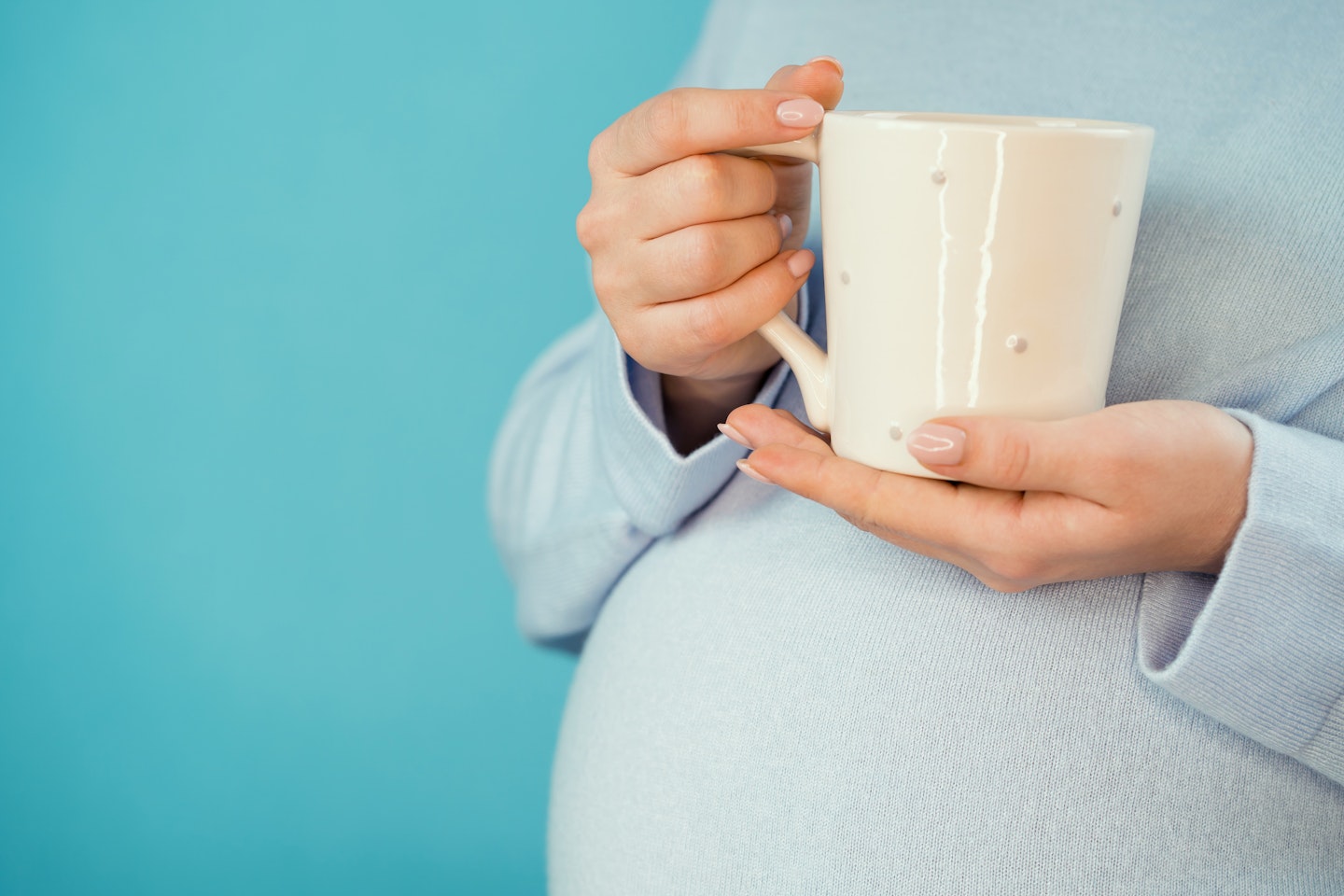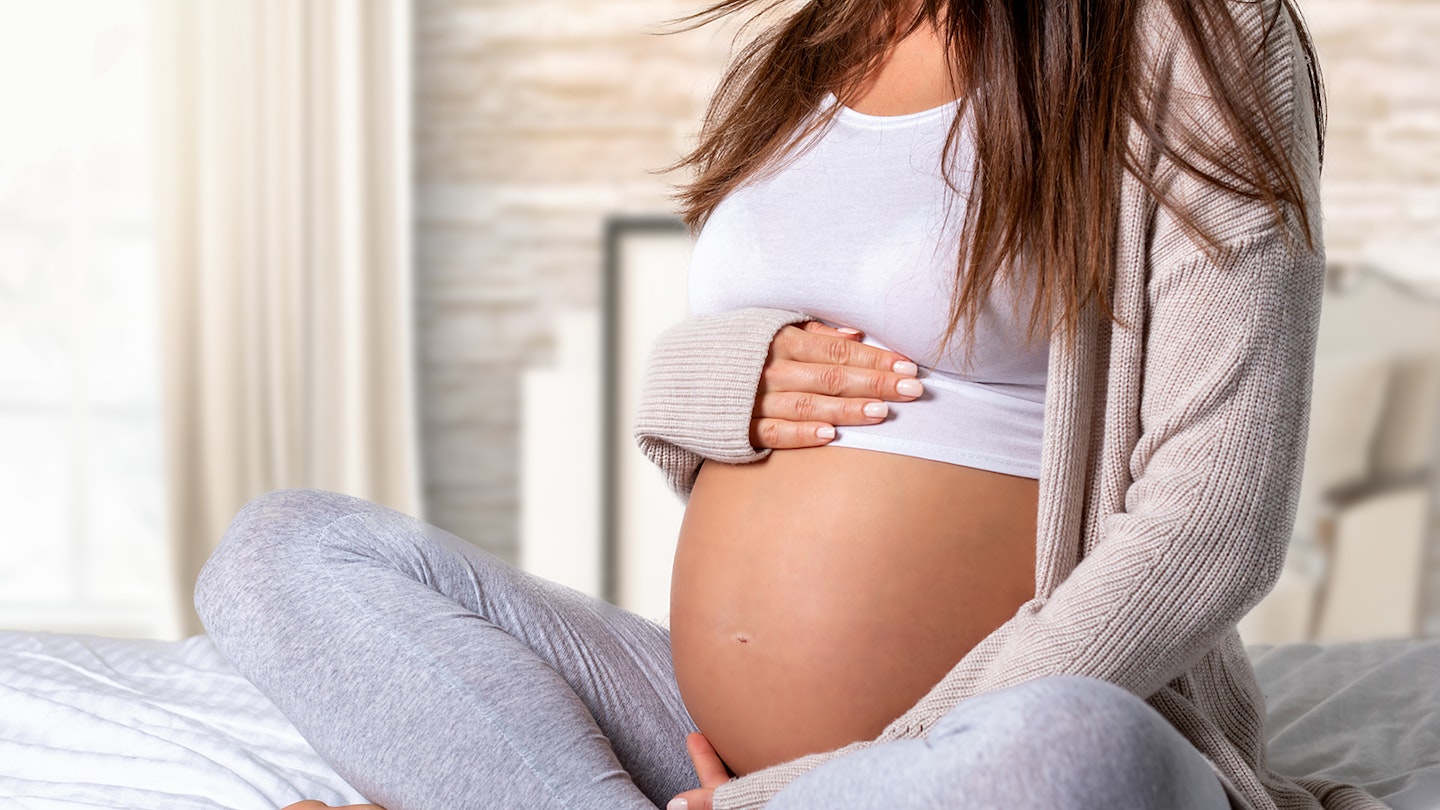Pregnancy comes with all kinds of weird and wonderful symptoms, many of which most women would hardly have guessed at before becoming pregnant.
Leaking breasts is just one of them, and it can happen sooner than you might think. Many women will experience leaking breasts at some point throughout pregnancy, and beyond if they choose to breastfeed.
Is it normal? In short, yes. But there are some things to be aware of in case further investigation is required.
Is leaking from your boobs normal?

Yes! Leaking some milk during pregnancy is normal and usually, nothing to worry about. Your body is starting to prepare itself for nurturing your unborn baby and will start to produce milk far earlier than your due date.
It is a good sign that your body is preparing for your baby’s arrival and is working to build up your milk supply. Some women may not leak at all during pregnancy and this too is completely normal. It doesn’t mean that you aren’t producing the milk you will need to feed your baby.
Why do your breasts leak during pregnancy?
Scientifically, leaking is caused by an imbalance in pregnancy hormones, specifically prolactin, which is the hormone responsible for milk production. Oestrogen works to prevent and manage the secretion of milk until your baby arrives.
Sometimes the two can fall out of sync, which can result in some leaking. Leaking can also be brought on by stimulation of the nipple, either through activities that cause clothes to rub, or foreplay.
If you are experiencing leaking, the substance will most likely be colostrum, the thicker, more dense fluid that your breasts produce immediately after giving birth, which nourishes your baby before your milk comes in, usually about 2 to 5 days after delivery.
Related: When to buy a maternity bra
How early in pregnancy might you expect your breasts to leak?

It’s not unusual for leaking to start as early as 14 weeks, which is when the breasts can generally start to produce colostrum in preparation for your baby’s arrival. However, it could be earlier, or later. Every body is different!
Can I express and store colostrum before having my baby?
Some women choose to hand express some milk before their baby is born, whether they have experienced leaking or not. This is called harvesting your colostrum and can be done to ensure a guaranteed supply to feed to your baby on arrival.
t can be beneficial for a number of reasons. For example, should there be any complications with breastfeeding or establishing a latch after delivery, or if you are expecting multiples.
However, this shouldn’t be done until you are around 36-37 weeks pregnant. Talk to your midwife for further advice on how to harvest and store your colostrum safely before birth.
What can you do about leaking breasts?

While a leaky boob is a good sign that your breasts are preparing to do what they were made for, no one wants a wet patch to emerge during a business meeting or while running to catch a bus. It might be annoying, but can be easily dealt with.
You can wear disposable pads to soak up any excess liquid, which are available in all supermarkets. Or you could invest in some reusable and washable breast pads, if you want to be more environmentally friendly. Both will prevent any embarrassing leakage.
When should you go to the GP?
For the vast majority of women, leaking breasts during pregnancy is completely normal. However, if the liquid leaking from your breasts is bloodstained or you are experiencing a particularly thick discharge, talk to your GP or midwife as soon as possible.
Now read:
17 pregnancy side effects explained and how long it takes for them to 'go back to normal'
